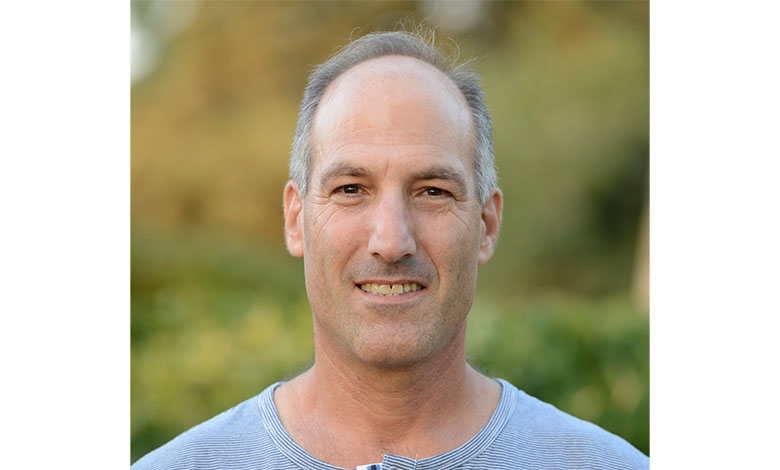
Can you tell me a bit about your background and your current role?
I was born and lived until the age of 35 on a kibbutz in Israel, an agricultural community with advanced industry and services. My agriculture involvement started already in elementary school, with help after school hours, and continues to this day. I felt that agriculture needed significant improvement, especially concerning the health of workers, consumers, and the environment, as reflected in the excessive use of chemicals. So I invested 15 years in academia (Ph.D. from the Hebrew University), during which I concentrated on studying agriculture and entomology. In 2004, I founded the Biofeed Company to develop technologies that will enable farmers to deal with pests while avoiding insecticide spraying and hence being able to market their produce as eco-friendly, for a higher income, thus creating prosperity.
Can you tell me more about agriculture in Africa and how the sector is doing over there?
Many factors, including historical, social, cultural, technological, logistical, and political, influence and halt agriculture development in Africa. The multi-layer challenges explain why a horizontal approach to empowering farmers and agriculture, aimed at tackling all factors simultaneously, has failed to this day. The result is low productivity, low quality produce, and low workers income (typically less than 1.9$ per day).
What are the basic business models used in emerging markets?
Standard economic models today in Africa include:
Smallholder farming – usually less than 1 hectare. Its primary purpose is to provide food for family consumption. The family sells the surplus in nearby markets.
Professional agriculture – Farmers with large areas of several hectares, whose primary purpose is to sell in the local markets. Usually, the yield per hectare is low, and so is the quality. Therefore, they are unable to compete with imported produce.
Export-oriented farmers – a tiny segment of less than 0.1% of all African farmers, but the most important for Africa’s future. They grow high-quality produce to compete in the global markets. They are almost the only ones in Africa who use advanced farming methods, such as irrigation, fertilization.
International support – local and international organizations typically support African farmers through turn-key projects or provision of professional knowhow and agri-inputs that are fully or partially subsidized. Despite the cumulative investment of tens of billions of dollars in this type of projects, their impact is not noticeable.
What is the new concept and business model for Africa?
Africa is looking for a business model that farmers and the business community can adapt easily. That requires an ‘inclusive approach’ that will allow African farmers to advance at their own pace.
To this end, it is best to focus on an agri-sectors that is most likely to generate high added value and hence serve as a model for other African farmers. From my experience, the export of fresh fruits is the fastest and most significant way to generate high added value for African farmers.
Since most African countries still struggle with fruit export, it is necessary to provide their farmers with a full “Agricultural Package” tailored to each farmer’s needs.
An example of such an “Agricultural Package” is the Green Valley initiative. The Green Valley is not limited in time. It provides farmers with the option of exporting to the most developed markets, increasing the added value, and bringing foreign currency to their country.
Such a Package would include all of the farmer’s requirements from the field to the shelf, including technologies, knowledge, protocols, logistics, takeoff agreements, etc.
Do you think there is a difference in attitudes using IoT solutions between US, Africa, and Asia?
For the moment, IoT is irrelevant for 99.99% of African and Asian farmers. It will become relevant when the agri-industry in those continents will industrial and create a higher value per hectare.
What current and upcoming developments in your field are you most excited about?
I am enthusiastic about the possibility that innovative technologies enable agriculture as we dream of for so long. An agri-industry produces more without pesticide sprays, hence keeping the health of the farmers, the environment, and consumers.
How the agriculture will look after 10 years?
We will see crop protection in many sectors, but mainly fresh fruits production, free of insecticide use. Africa will turn from a net food-importer to a net fruits-exporter, followed by the export of vegetables. It will become obvious that Africa will be the food producer for the rest of the world.
Prepared by,
Stanislava Angelova
/Editor at DiTech Media/











